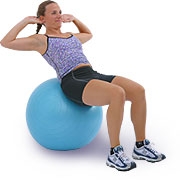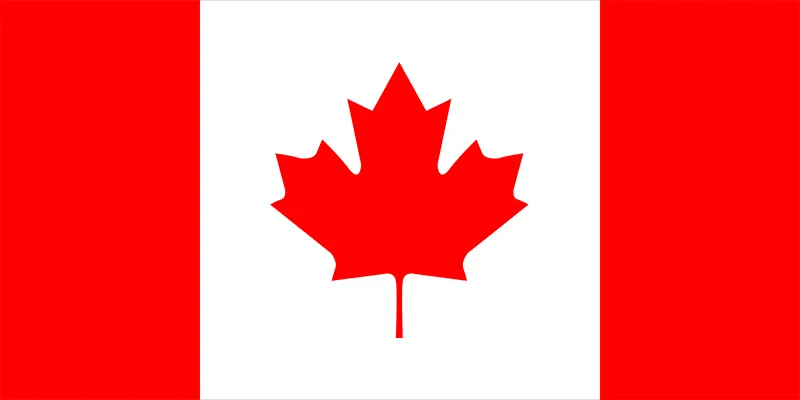The key to a strong back is a strong core. Youve probably heard this before. In fact, you may have heard it so much that you know it to be true. But to really believe it to be true you need to understand why.
There are many different causes of back pain. However, two common causes of non-specific low-back pain include back muscle strain and herniated spinal discs. Muscle strain occurs when muscle fibers are abnormally stretched or torn. A spinal disc is herniated when the disc, or cushion that sits between the spinal vertebra, is pushed out beyond its normal position. Pain from a herniated disc occurs when the disc presses on the spinal nerves that occur nearby.
A strong core assists the back muscles in doing strenuous movement and work such as heavy lifting or pushing, and helps to maintain alignment and space between the vertebrae. When the back muscles are assisted by the core, chances of muscle strain are reduced because the back muscles are not the only muscles doing the work or movement. Similarly, when the core muscles are strong and maintain space between the vertebra, it is less likely that the spinal disc will be pushed out beyond its normal position when the back is bending or twisting or doing strenuous work. A strong core allows you to do heavy work or strenuous movement without bending the spine, thus reducing the risk of herniating a disc or causing more movement of an already herniated disc.
Exercising the core muscles helps to develop strong core muscles. As you strengthen the core muscles, you will feel less back pain. If you suffer from muscles strain, you will place less demand on the back muscles, allowing them to heal. If you have suffered from a herniated disc, you will make more space between the vertebra, thus placing less pressure on the spinal nerves and allowing the spinal disc to move back into its normal position.
Exercising the core muscles is not only crucial to help reduce or eliminate your back pain, but it is fundamental to maintain back heath and to prevent injuries or muscle strain that could result in back pain. A strong core is crucial even if your lifestyle does not include heavy work or strenuous movement. If the core muscles are weak, even sudden mundane movements such as sneezing or strong coughing can cause muscle strain or a disc to herniate, resulting in low-back pain .

http://back2yourself.com


 Active Sitting
Active Sitting

